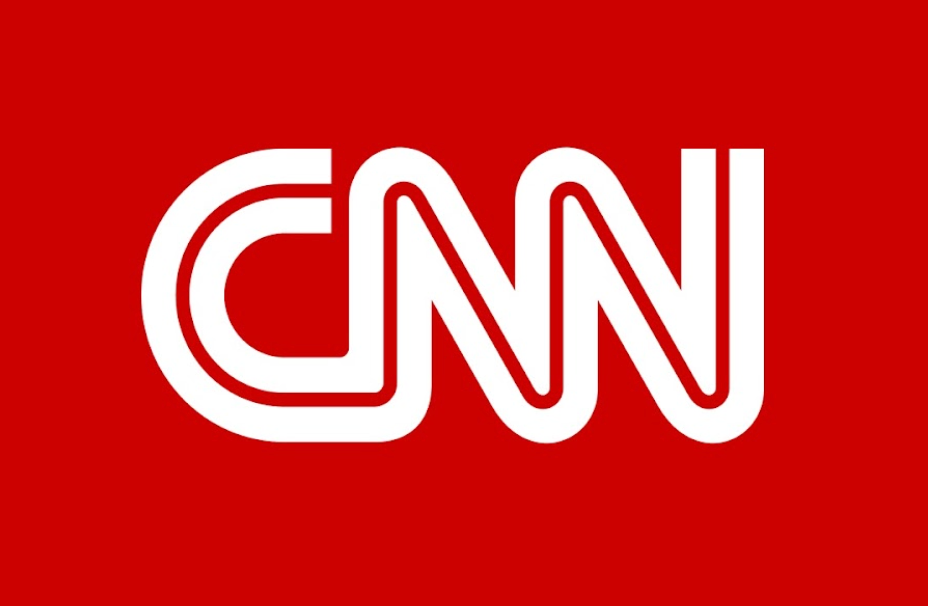Watch: CNN Cuts Off RFK Jr.'s Speech the Moment He Drops a Major Bombshell on Kamala Harris, Sparks Reaction from Kennedy

In typical fashion, CNN abruptly went to a commercial break during independent presidential candidate Robert F. Kennedy Jr.’s announcement on Friday, where he declared he was suspending his campaign and endorsing Donald Trump. This occurred just as Kennedy began to criticize Democratic presidential nominee Kamala Harris.
Clearly, CNN aims to keep the positive media coverage surrounding Harris from the Democratic National Convention in Chicago at the forefront of American voters' minds.
Speaking from Phoenix, Arizona, Kennedy remarked about the Democratic Party leadership, stating, “They installed a candidate that was so unpopular with voters that she dropped out in 2020 without winning a single delegate.”
Referring to his famous family members, RFK Jr. continued, “My uncle and my father both relished debate. They prided themselves on their capacity to go toe-to-toe with any opponent in the battle over ideas,” invoking the legacies of the late President John F. Kennedy and 1968 presidential candidate Sen. Robert F. Kennedy Sr.
“They would be astonished to learn of a Democratic Party presidential nominee, like Vice President Harris, who has not appeared in a single interview or an unscripted encounter with voters for 35 days,” Kennedy added.
That’s when CNN stepped in, noting that the candidate was “outlining what led him to his quixotic quest for the White House.”
The underlying message: Don’t take this candidate seriously.
RFK Jr. caught wind of the slight, posting on X with a simple caption, “CNN:” accompanied by the clip of their abrupt cut from his speech.
— Robert F. Kennedy Jr (@RobertKennedyJr) August 23, 2024
Ironically, Kennedy had highlighted during his remarks how legacy media outlets had ignored his campaign, initially to support President Joe Biden and now to bolster Harris.
Kennedy also disclosed that Harris had refused to meet with him as he contemplated withdrawing from the race, whereas Trump had agreed to meet.
“Following my first discussion with President Trump, I tried unsuccessfully to open similar discussions with Vice President Harris. Vice President Harris declined to meet or even to speak with me,” Kennedy revealed.
Wow.
— Vince Dao (@VinceDaoTV) August 23, 2024
Trump was willing to pick up the phone and talk with RFK Jr.
Kamala Harris refused.
That's how this happened.
Not only does this indicate who will REALLY be President for "all Americans," but it also may determine the Election itself. pic.twitter.com/NZQr42MUwy
He cited free speech, the war in Ukraine, and the childhood health crisis as his reasons for endorsing Trump.
Kennedy mentioned that his name will remain on the ballot in most states, except for 10 battleground ones, despite suspending his campaign.
He explained that he is removing his name from those battleground states because he does not want to assist Harris’ candidacy.
Recent polling suggests RFK Jr. draws more support from potential Trump voters than from Harris.
Ultimately, his exit from the race in some key states might only shift the numbers by 1 or 2 percent in Trump’s favor, given Kennedy was polling at 5 percent overall, but that could be decisive in a presidential race.
Polls in swing states show the contest is very tight, with Trump and Harris either tied or leading by 1 or 2 percentage points in certain states.
The irony would be hard to miss for Harris and the Democrats if their maneuvers to block Kennedy’s candidacy during the primary—leading to his departure from the party—end up contributing to a Trump victory.
That would be poetic justice, indeed.